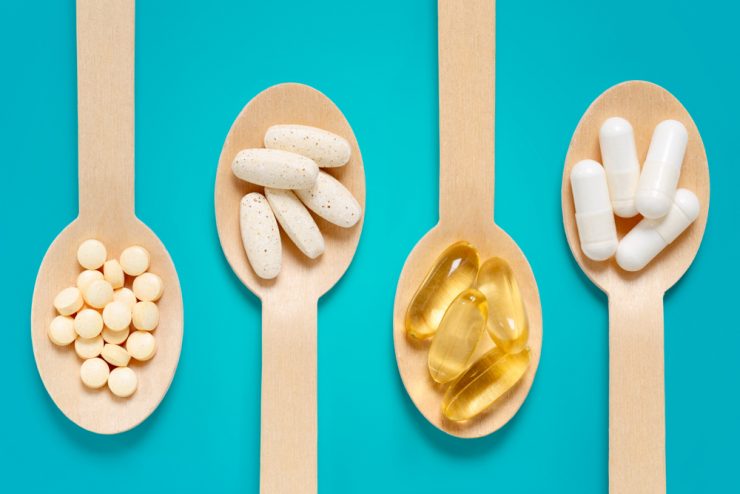With such a wide range of food supplements available, navigating this area can be tricky. So, what are the facts and when is supplementation helpful?
Clinical nutritionist Suzie Sawyer shares her wealth of knowledge on the subject.
Barely a day goes by without a food supplement story appearing in the press. This news can be positive and negative and it is this mixed messaging which causes confusion. As a result some of us avoid taking supplements and in so doing could be missing out on important health benefits.
Why supplement?
One school of thought suggests we should be able to get all the nutrients we need from the daily diet which in a perfect world could be possible. However, the body needs around 45 nutrients daily for optimal health and few of us are able to eat a perfectly balanced diet every day due to the busy lives we lead. What’s more, our soils are over-farmed and in turn depleted in essential trace minerals (selenium is a good example of this problem).
In the case of fruits and vegetables, at the point of harvesting, nutrients are lost. Meanwhile, storage, preparation and cooking also result in nutrient depletion. Whilst the much communicated ‘5 a day’ is known by most of us as the ideal intake, this really is a minimum requirement and the body needs much more than this ideally on a daily basis.
When the body is under duress, it also uses up more nutrients – stress burns up B-vitamins, vitamin C and magnesium, when the going gets tough.
So how much is enough?
As with everything, it’s not always a question of ‘more’ being ‘better’. Authentic manufacturers of food supplements work with daily recommended nutrient reference values (NRVs) of vitamins and minerals agreed with the UK government health bodies. In some cases, these NRV levels are very low – some would argue too low – therefore higher amounts are often used in supplementation.
A good example of this is vitamin C; it’s one of the most powerful antioxidants but being water-soluble it is quickly lost from the body. The NRV for vitamin C is only 80 mg (a level set many years ago). It’s now well accepted and backed by robust research, that higher levels are needed, hence many supplements contain 1,000 mg or more.
It’s worth bearing in mind too that unlike pharmaceutical drugs, food supplements have wide safety margins and toxicity rarely occurs.
How can taking supplements help?
Many of us in the UK are marginally deficient in a range of nutrients. This may not necessarily show as an illness immediately, but people can often feel ‘under-par’. A good example of this is low energy levels; how many of us are always feeling like we have a lack of energy? This can be down to a lack of B-vitamins, which are depleted during food processing, especially in the case of grains (white bread versus brown bread). Low energy can also be down to a lack of vitamin C or iron in the diet.
Another common complaint during the colder months is aching joints. This is often caused by a lack of vitamin D (our sunshine vitamin), which is low during the winter months due to the lack of sunshine (as Vitamin D is mostly made on the skin in the presence of sunlight). This will also impact the immune system, hence colds and flu are more prevalent. A simple daily supplement can solve many of these issues.
Stiff and aching joints can also be a sign of low omega-3 fats in the diet. As they’re mainly found in oily fish, and many people don’t eat enough fish, it’s no wonder many of us are missing out on their essential benefits.
Taking a high quality daily multivitamin and mineral containing a wide range of essential nutrients is like having a very cost-effective health insurance policy. The Alive! brand is a good example of a multivitamin range with something for everyone, depending on your age and nutrient requirements.
























Add comment